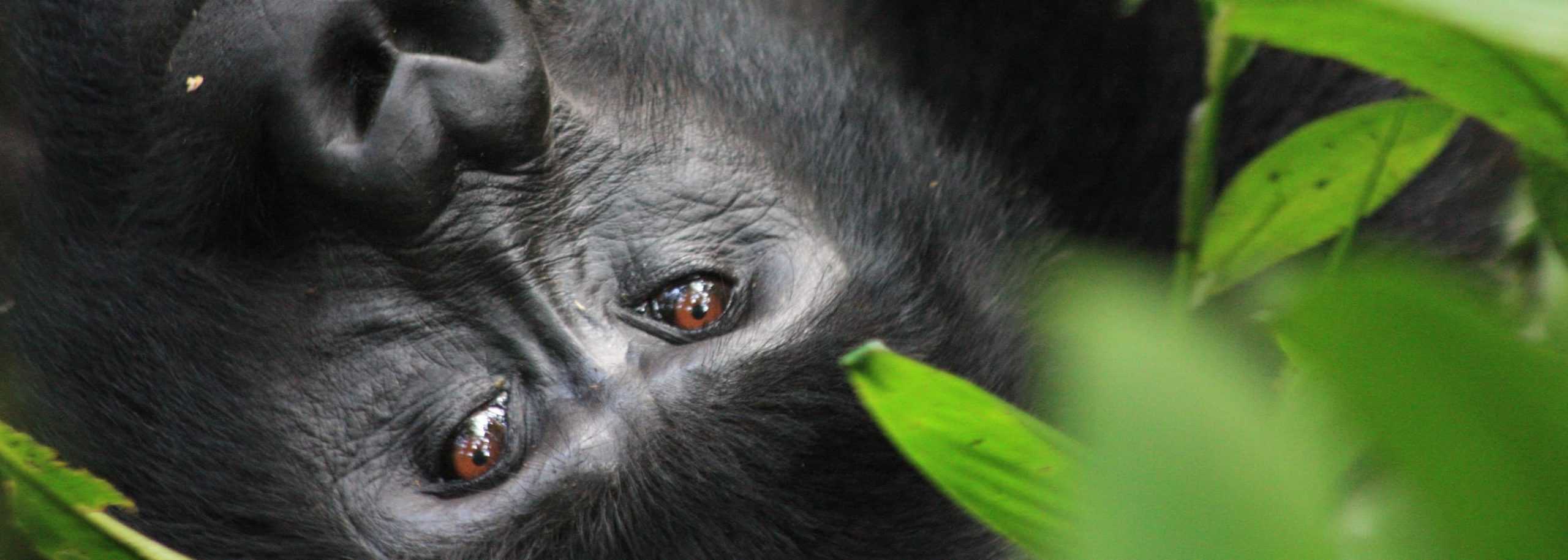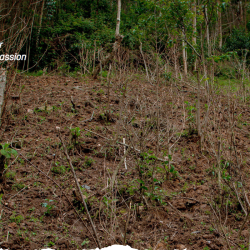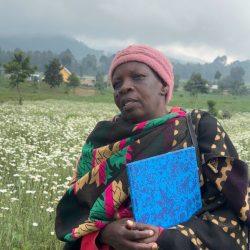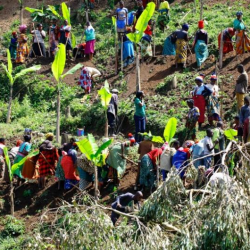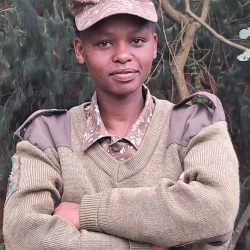Community Based Planning and Monitoring to Address Unequal Distribution of Revenue Sharing Funds
Blog | 14/12/20
Most park edge communities are challenged by unfair/unequal distribution of revenue sharing funds, lack of affirmative plans/projects for the vulnerable and disadvantaged groups in the community and limited involvement of all the beneficiary communities in the planning processes that determine how revenue sharing funds are used. In an attempt to address this challenge and fill the revenue sharing allocation gaps, IGCP is engaging park management, local leadership and the communities around BMCA to adopt the CBPM approach in their planning processes. The CBPM approach enables every community member to participate in the identification and prioritization of their development needs so that the most pressing needs of the community can be addressed during the development cycle of the local government or development partners. This action is in-line with IGCP’s advocacy strand of improving community well-being.
So far, over 100 local leaders, park managers and community leaders in the villages adjacent to Bwindi Impenetrable National Park and Mgahinga Gorilla National Park have been met and sensitized on the advantages of the CBPM approach. During the meetings IGCP urged the local government and community leaders to adopt the Community Based Planning and Monitoring (CBPM) approach in the local government planning process and allocation of RS funds. According to Henry Mutabaazi, Uganda Country Coordinator for IGCP, participants at the various meetings conducted appreciated the approach and committed to adopting it in the on-going planning process for next the financial year.
Incorporation of the CBPM approach in the local government planning cycle will not only allow for full community participation in RS planning but it will also ensure that the park adjacent communities realize more benefits than costs from mountain gorilla conservation.
